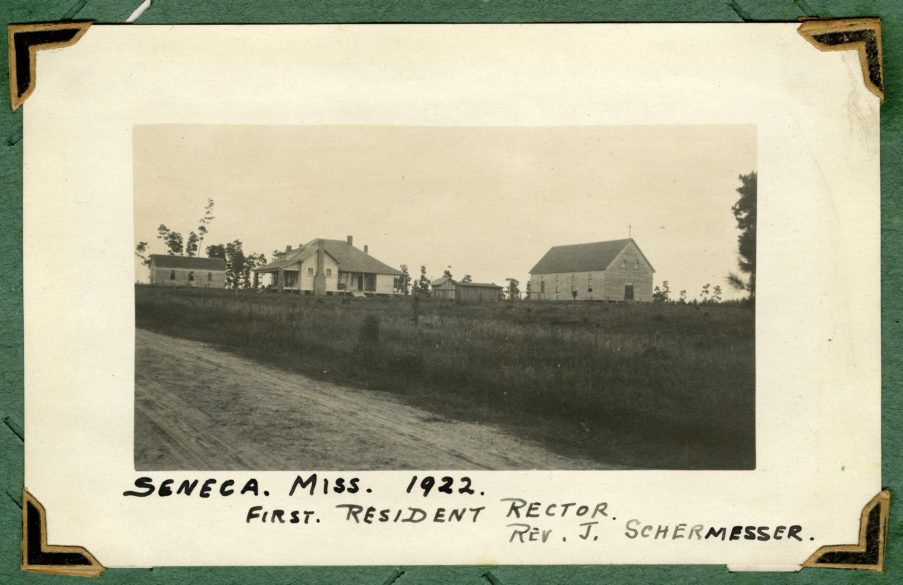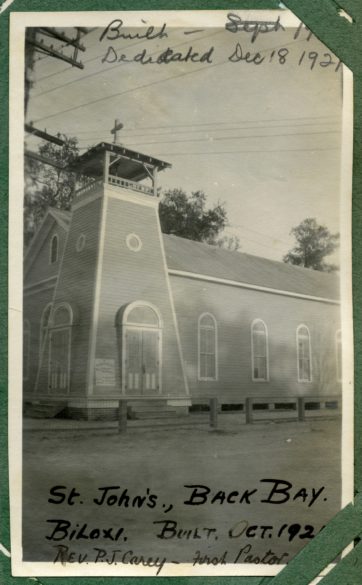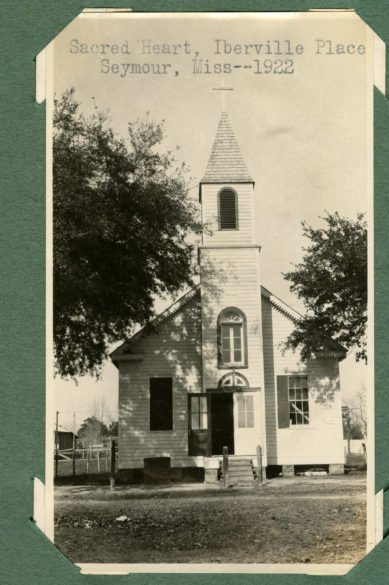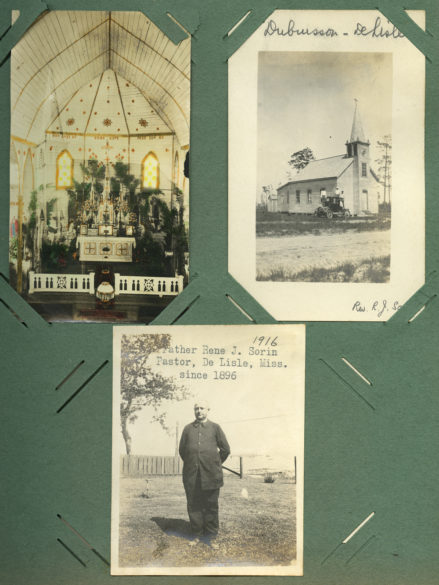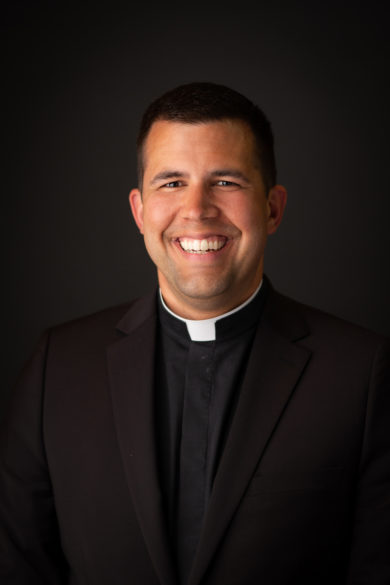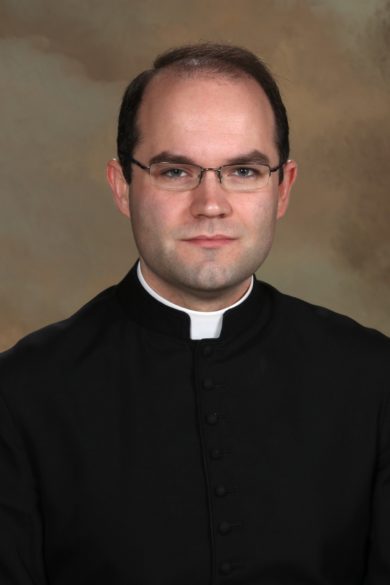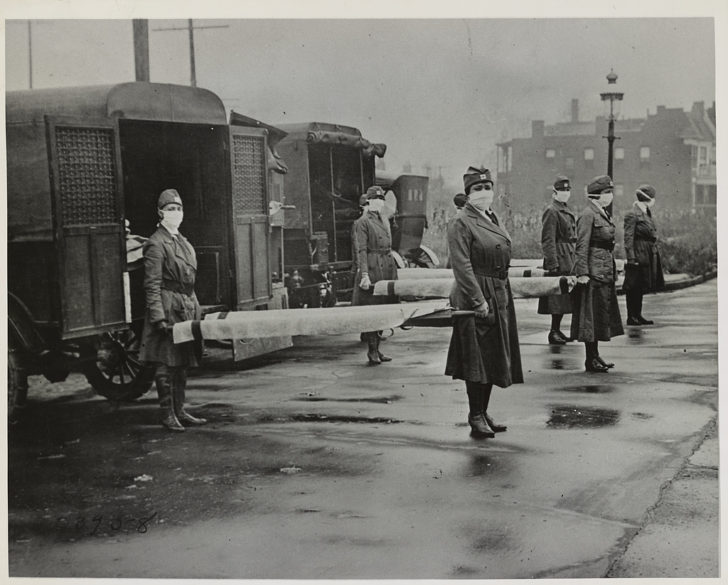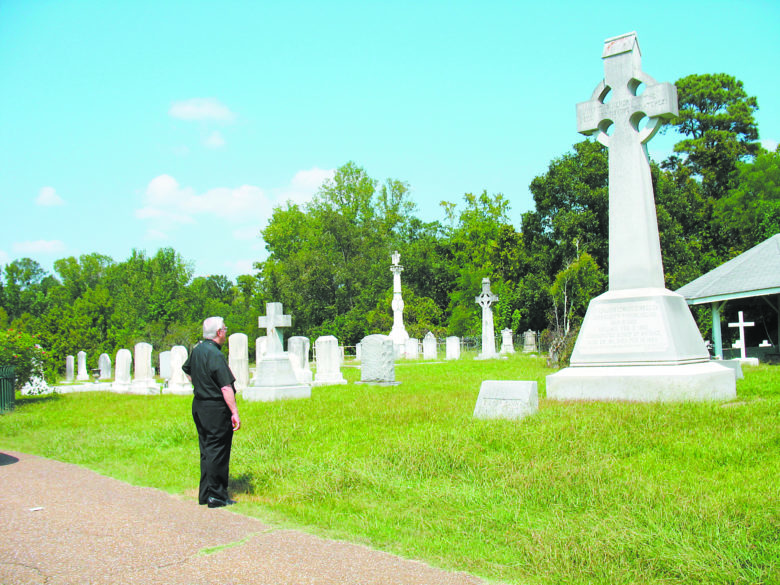Sínodo del Papa sobre sinodalidad para recopilar información de las parroquias locales
Por Fran Lavelle
“… el concepto de sinodalidad se refiere a la corresponsabilidad y a la participación de todo el Pueblo de Dios en la vida y la misión de la Iglesia.”
Si has seguido el pontificado del Papa Francisco, sabes que está profundamente arraigado en su formación jesuita. Es fundamental para la formación de un jesuita comprender el papel del discernimiento en la vida de la iglesia y de todo el pueblo de Dios.
En los últimos años, ha escrito tres documentos actuales que invitan a los fieles a reflexionar sobre el papel de la iglesia en el mundo de hoy: Christus Vivit es una exhortación apostólica “a los jóvenes y al pueblo de Dios” escrita como resumen del Sínodo sobre los jóvenes; Fratelli Tutti, una carta encíclica sobre la fraternidad y la amistad social y Let Us Dream (Déjennos soñar), un modelo inspirado para un futuro mejor para todos, especialmente considerando el impacto devastador de la pandemia en los pobres.
En los tres documentos, el Papa se basa en la base de su profundo aprecio por el discernimiento, el acompañamiento y la escucha auténtica. Su actual llamado a un Sínodo sobre Sinodalidad: Comunión, Participación y Misión encuentra parentesco en la práctica jesuita de Ver, Actuar, Juzgar. Este proceso es un método para ver intencionalmente un problema y detenerse a reflexionar sobre él antes de actuar. Es una forma diferente de articular la descripción de prudencia de Tomás de Aquino.
Entonces, ¿qué es un Sínodo?, te preguntas.
El Vaticano II estableció un Sínodo de Obispos, descrito en el Código de Derecho Canónico de 1983 como un grupo de obispos seleccionados de diferentes regiones del mundo que están llamados a abordar un tema en particular. Por ejemplo, se puede convocar un sínodo para considerar cuestiones relacionadas con la actividad de la iglesia en el mundo. Desde mediados de la década de 1960, cuando se estableció el Sínodo de los Obispos, se han invocado una treintena de sínodos. Muchos han pasado desapercibidos. Sin embargo, el Papa Francisco ha dado nueva vida al Sínodo de los Obispos al considerar cuestiones relativas a la iglesia joven, las familias, la Amazonía y otros temas de actualidad.
El Papa Francisco comenzó el Sínodo el fin de semana del 9 al 10 de octubre con una sesión de apertura y una Misa. El obispo Kopacz abrirá el Sínodo en la diócesis de Jackson con una Misa el domingo 24 de octubre. Fase uno del sínodo sobre sinodalidad es la fase diocesana que comienza este mes y concluirá en abril de 2022. En la fase diocesana, recopilaremos aportes de parroquias locales, movimientos laicos, instituciones religiosas, escuelas, universidades, comunidades ecuménicas y otros grupos.
Luego, el obispo debe sintetizar esos datos en un informe de 10 páginas antes de abril de 2022 para presentarlo a la Conferencia de Obispos Católicos de EE. UU. El resumen de la USCCB del trabajo del país se enviará al Vaticano. Esos resúmenes se utilizarán para ayudar a crear un documento de trabajo que será el inicio de las discusiones durante las reuniones del sínodo continental que se llevarán a cabo desde septiembre de 2022 hasta marzo de 2023.
Es fundamental para entender lo que el Sínodo está reconociendo y lo que no es. No es un proceso de planificación pastoral, ni es una sesión libre de quejas. Es una oportunidad para que el pueblo de Dios oremos juntos y nos preguntemos a nosotros mismos como individuos y dentro de la comunidad de nuestra iglesia, adónde estamos llamados en nuestro viaje juntos. Proporciona un momento en el tiempo para que la iglesia universal observe los problemas más importantes que enfrenta el pueblo santo de Dios y se pregunte cómo debemos responder al encarnar el Evangelio.
El manual de la USCCB en preparación para el sínodo describe el viaje sinodal como una experiencia de “escucha y discernimientos auténticos en el camino de convertirnos en la iglesia que Dios nos llama a ser”. Continúa afirmando que, “El Proceso sinodal es ante todo un proceso espiritual. No es un ejercicio mecánico de recopilación de datos ni una serie de reuniones y debates. La escucha sinodal está orientada al discernimiento.”
Es nuestro papel como líderes diocesanos llamar a través de la oración y el discernimiento hacia dónde nos está guiando el Espíritu Santo.
El deseo del Papa de escuchar amablemente a todos los grupos demográficos, todas las edades, todas las personas es indicativo de su creencia de que el funcionamiento de la iglesia no es un proceso clandestino que ocurre a puerta cerrada. El Papa Francisco está pidiendo a los líderes de la iglesia que abran bien los brazos, los oídos y el corazón para escuchar la voz profética del pueblo de Dios. El cardenal Mario Grech lo dijo muy bien: “El Concilio Vaticano II enseña que el Pueblo de Dios participa en el oficio profético de Cristo. Por lo tanto, debemos escuchar al Pueblo de Dios, y esto significa salir a las iglesias locales.”
Usted puede empezar a orar por sabiduría y entendimiento. Comience a orar ahora por un fervor renovado para que los corazones y las mentes de las personas en todas partes sean conducidos de regreso al corazón y la misión de Cristo.
Cuando su parroquia se reúna para escucharse unos a otros, que se fortalezcan con el conocimiento de que su voz es importante.
(Fran Lavelle es el Director de Formación en la Fe de la Diócesis de Jackson).

